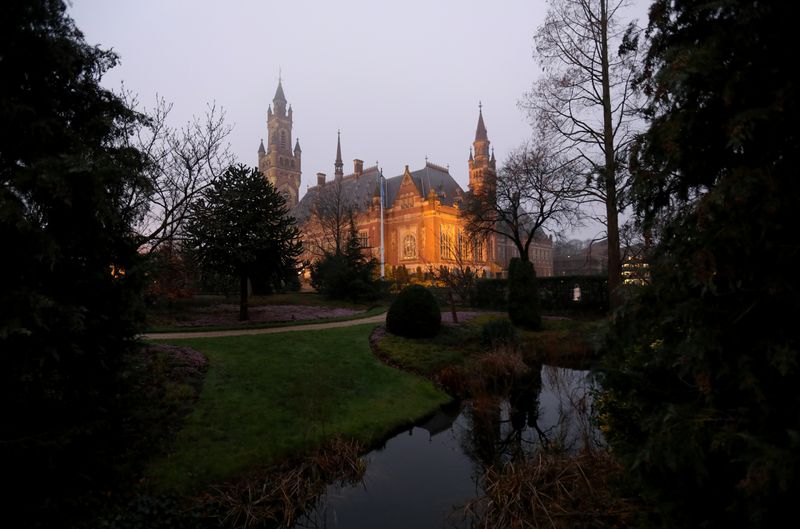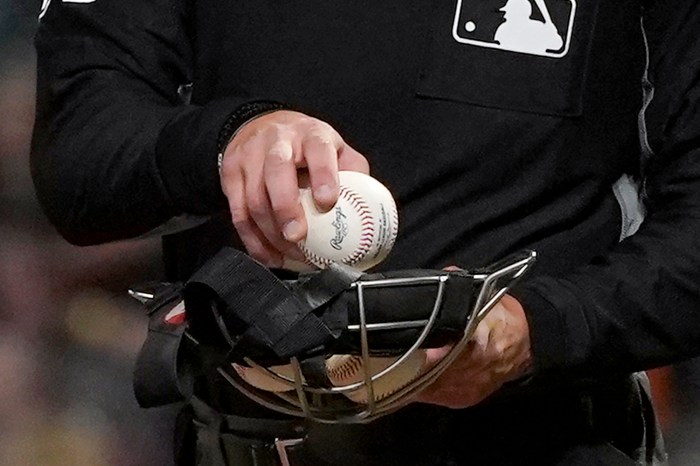THE HAGUE (Reuters) -Azerbaijan on Monday asked the World Court to order neighbouring Armenia to hand over maps it says show the location of landmines on its territory, while the judges consider tit-for-tat claims that the other side violated an anti-discrimination treaty.
This time last year, Azeri troops drove ethnic Armenian forces out of swathes of territory they had controlled since the 1990s in and around the Nagorno-Karabakh region, before Russia brokered a ceasefire.
Azeri Deputy Foreign Minister Elnur Mammadov told judges that the emergency measures sought were urgently needed to protect against the “dire threat” posed by what it says is Armenia’s refusal to hand over the maps.
The alleged campaign of placing landmines “is quite simply a continuation of Armenia’s decades-long ethnic cleansing operation and an attempt to keep these territories cleansed of Azerbaijanis”, Mammadov said.
Armenia’s agent before the court, Yeghishe Kirakosyan, dismissed the Azeri claims as ” manufactured and defensive moves”.
He pointed out that Azerbaijan itself planted hundreds of thousands of landmines in the conflict area in the early 1990s.
Armenia has already handed over two minefield maps and “we stand ready to provide any more maps in our possession”, Kirakosyan said.
Last week, Armenia also sought emergency measures from the World Court. Lawyers for Armenia told judges then that Azerbaijan promoted ethnic hatred against Armenians.
Azerbaijan rejected Armenia’s claim and said that it was the other way around and that it was Armenia that carried out ethnic cleansing.
The requests for emergency measures are part of tit-for-tat cases filed at the World Court last month where both Armenia and Azerbaijan claimed the other country has violated the International Convention on the Elimination of All Forms of Racial Discrimination, to which both states are signatories.
The hearings on Monday and last week do not go into the merits of the cases but instead deal with requests from both sides for emergency measures while the court considers the claims.
The World Court, formally known as the International Court of Justice, is the UN court for resolving disputes between countries. It has yet to determine whether it has jurisdiction in this case.
(Reporting by Stephanie van den Berg; Editing by Nick Macfie and Ed Osmond)



















